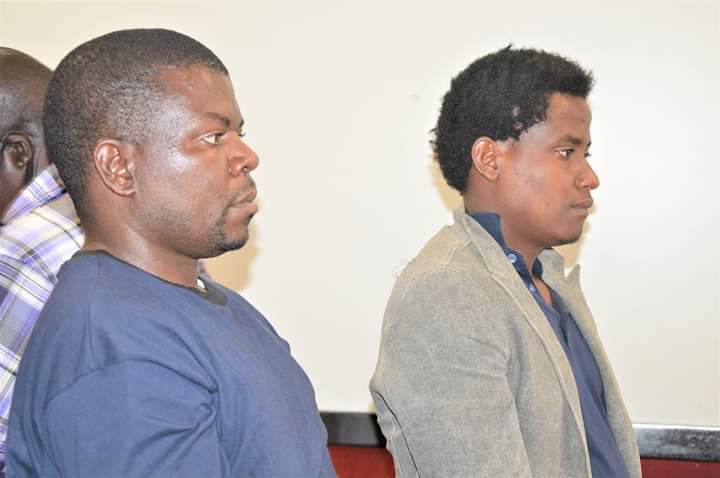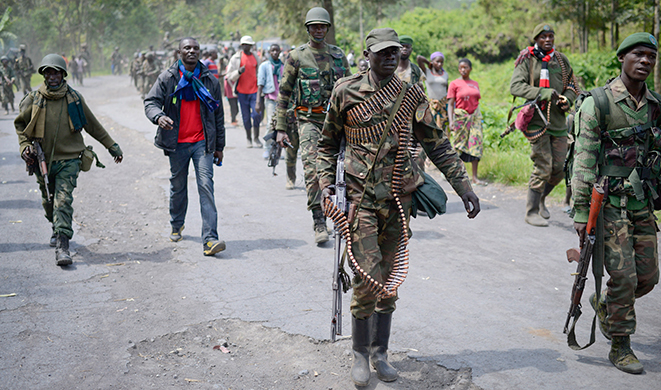The Judicial Service Commission (JSC) has completed the vetting exercise for the applicants who showed interest for the post of the Chief Justice replacing Bart Katureebe who is due to retirement on 20th June 2020 as he clocks 70 years which is the age for mandatory retirement for the post.
The judicial service commission derives powers to vet for the new justices under article 8 and 146 in the 1995 constitution.
The names of the preferred candidates have been already shared with the President, with the main race being to between Deputy Chief Justice Alfonse Owiny-Dollo and Supreme Court Judge Richard Buteera.


According to the acting permanent secretary to the JSC, Ronald Sekajja, those who were vetted only await presidential approval.
“The Chief Justice is one of those judicial officers where we don’t have powers to directly appoint but the commission render advice to the president and if he seeks to exercise his powers at any moment,we just welcome it.we are waiting to what he would have decided on the matter,” Sekajja said.
It has taken time since the judicial service commission opened up a space for the applicants interested for the post. “We sent out an external advert, meaning that we don’t restrict because we have many people who can qualify for the job so somebody sits before the commission and it finds out what he intends to bring on board,” Sekajja added.
Sekajja also explained some of the criteria for becoming the Chief Justice.
“You must have worked as justice of the Supreme Court for 20 years or you must have been a practicing advocate for at least 20 years.The constitutional markers thought that somebody having legal knowledge and practice for about 20 years will be enough, one should also have a good character,” he explained.
He noted that the vetting committee process was delayed by the out break of coronavirus in the country.
“We have only few members, so our group is not so big, due to the pandemic, our budget was cut because the country was dealing with a very sensitive information. We thought of meeting on zoom but we were scared that the information may leak out because we don’t know who is in charge of this technology,” he said.
He also revealed that the committee has concluded the vetting of chief and deputy registrars of the supreme, high and court of appeal.

















